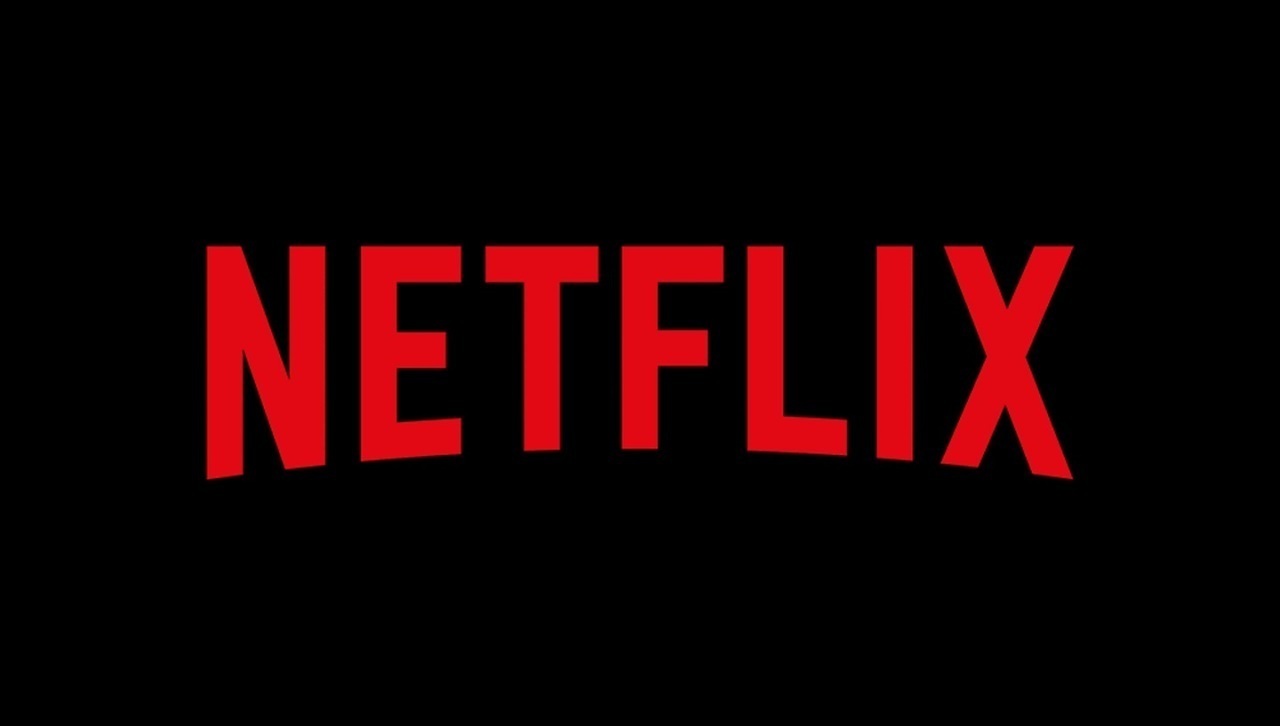 |
(Netflix) |
The legal battle between US-based streaming giant Netflix and South Korea’s internet service provider SK Broadband is likely to continue centering on the controversial topic of net neutrality.
Netflix on Thursday appealed a Seoul court’s decision that sided with SK Broadband.
Last month, the Seoul Central District Court dismissed a request from Netflix that the video streaming service operator is not liable to pay network usage fees to SK Broadband.
The court also rejected Netflix‘s request to confirm that it has no obligation to negotiate with the South Korean company.
“There has never been a case globally where a court or a government forced content providers to pay for network fees,” the video streaming company said in a statement.
“The decision may topple the global internet ecosystem developed by content providers and internet service providers.”
SK Broadband immediately released a statement to refute Netflix’s claim.
“Netflix repeats claiming that transfer is free according to the principle of net neutrality,” SK said. “But the court said net neutrality is a separate issue from paying network usage fees in its first decision, and it is clear to the whole industry. Netflix is alone bucking the industry’s trend.”
“The company is also disappointed at Netflix’s stance that viewed the court’s decision as protecting a certain party’s interests. The court’s decision just confirms the basic principle that anyone who uses the network should pay the price.”
The dispute dates back to April last year when the local unit of Netflix filed a lawsuit against SK Broadband after the latter demanded network usage fees from the streaming company, accusing it of free-riding on its network despite being responsible for heavy traffic.
Netflix has insisted that it has no obligation to pay network usage fees as ISPs are responsible for managing their networks and network usage fee demands for specific services violate the principle of net neutrality that prohibits content discrimination.
The video streaming company added in the statement that it had made efforts to negotiate with SK Broadband to no avail.
It said it had proposed to SK Broadband to install its content delivery network to reduce Netflix content-related traffic, which the ISP refused and instead demanded network fees.
The latest move deepens the dispute as Netflix’s presence has grown rapidly in Korea.
Netflix‘s paid memberships in South Korea reached 3.8 million as of the end of last year and the company has promised to invest $500 million in original Korean-language content this year.
As of the final quarter of last year, Netflix accounted for 4.8 percent of Korea’s internet traffic, second to Google, which took up 25.9 percent, according to ICT ministry data.
By Song Su-hyun and Yonhap (
song@heraldcorp.com)








![[Herald Interview] How Gopizza got big in India](http://res.heraldm.com/phpwas/restmb_idxmake.php?idx=644&simg=/content/image/2024/11/20/20241120050057_0.jpg)